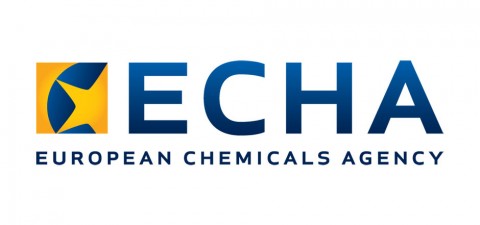This website uses cookies so that we can provide you with the best user experience possible. Cookie information is stored in your browser and performs functions such as recognising you when you return to our website and helping our team to understand which sections of the website you find most interesting and useful.

ECHA is the driving force among regulatory authorities in implementing the EU’s groundbreaking chemicals legislation for the benefit of human health and the environment as well as for innovation and competitiveness. ECHA helps companies to comply with the legislation, advances the safe use of chemicals, provides information on chemicals and addresses chemicals of concern.
The European Chemicals Agency comprises:
- A Management Board, responsible for adopting the financial planning, work programme, and annual reporting of the Agency, inter alia.
- An Executive Director: the legal representative of the Agency, responsible for the day to day management and administration of the Agency, including responsibility over its finances. The Executive Director reports to the Management Board.
- A Member State Committee, to resolve differences of opinion on draft decisions proposed by the Agency or Member States and to make proposals for identification of substances of very high concern.
- A Risk Assessment Committee, to prepare opinions on evaluation, on applications for authorisation, on proposals for restrictions and on classification and labelling.
- A Committee for Socio-economic Analysis, to prepare opinions on applications for authorisation, on proposals for restrictions and on questions relating to the socio-economic impact of proposed legislative action.
- A Forum on enforcement matters, to coordinate a network of Member State competent authorities responsible for enforcement.
- A Biocidal Products Committee, to prepare opinions on applications for approval and renewal of active substances, identification of active substances which are candidates for substitution, applications for inclusion in Annex I, applications for Union authorisation, scientific and technical matters concerning mutual recognition.
- A Secretariat, under the leadership of the Executive Director, to support the Committees and Forum, and to undertake work on registration and evaluation processes as well as the preparation of guidance, maintenance of databases and provision of information.
- A Board of Appeal, to decide on appeals against decisions taken by the Agency.
